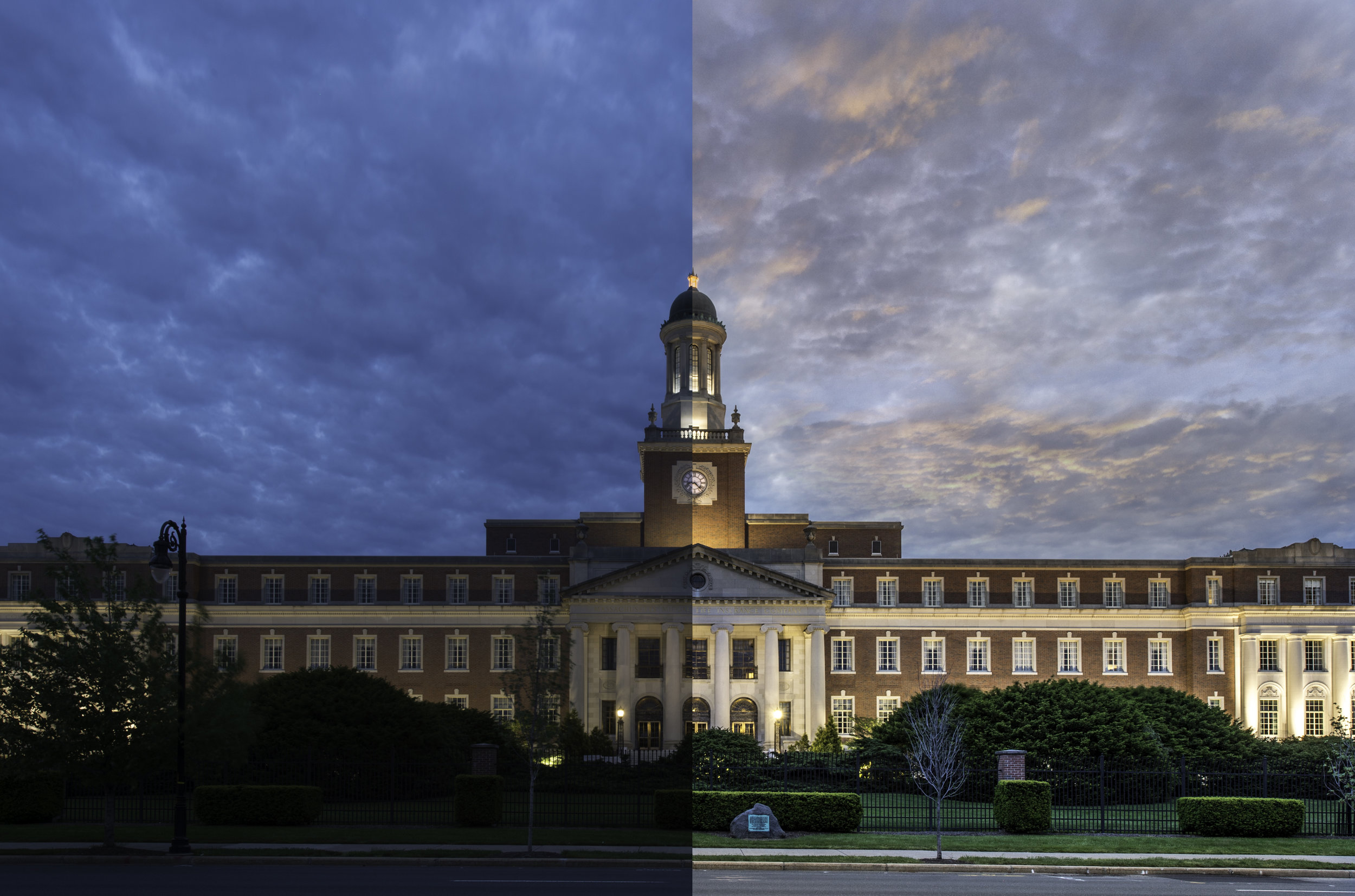To increase your presence, from online websites and social media to brochures and product guides, you need professional photography. And that means finding a professional photographer. Here are the tips I recommend when looking for a photographer that will help you separate the enthusiastic amateurs from the professionals.
1. Experience
How long have they been in business? If they’ve got a long-established business (I started in the field in 1983) and are using modern technology, these are the perfect fit for experienced photography.
2. You Like Their Portfolio
Check out the photographer’s website and portfolio. Do you like what you see? If the look of their shots isn’t something you’d want to see on your material, think about seeking out some comparisons
3. Flexibility
The best photographers will work with your schedule as well as mother nature’s. If you’re in a situation where you have to meet tenant or staffing needs (empty offices for architectural photography, etc.), you need a photographer who can too.
4. Establish a Rapport
Meet with the potential photographer. Do you hit it off and are able to communicate your needs to them? It’s important to find a photographer who understands your needs.
5. Eye and Skills Photo Editing
A photographer skilled with Photoshop can turn good photos into great ones. From removing a carpet stain to repairing the cracks on the sidewalk, photo editing is more than just lens flare and removing red eyes.
6. Different Perspective Shots
Does your prospective photographer have experience with using other tools to provide multiple viewing options? For example, I have extensive helicopter experience taking shots of my clients’ buildings and estates from breathtaking angles.
7. The Pre-Shoot Walkthrough
Ask your photographer to walk the shoot with you, especially for architectural photography. Not only should they be able to identify when the light is best to shoot, but also identify OSHA issues, the need for styling props, closing off parking lots, closing pools to let the water settle, identify key actors, etc.
I hope this was useful to you. If you’re interested in architectural photographer in Boston and the greater area, please contact Gregg Shupe at Shupe Studios.






